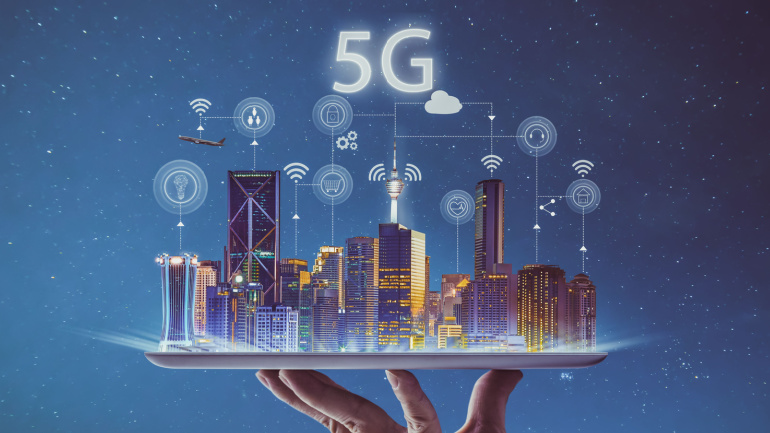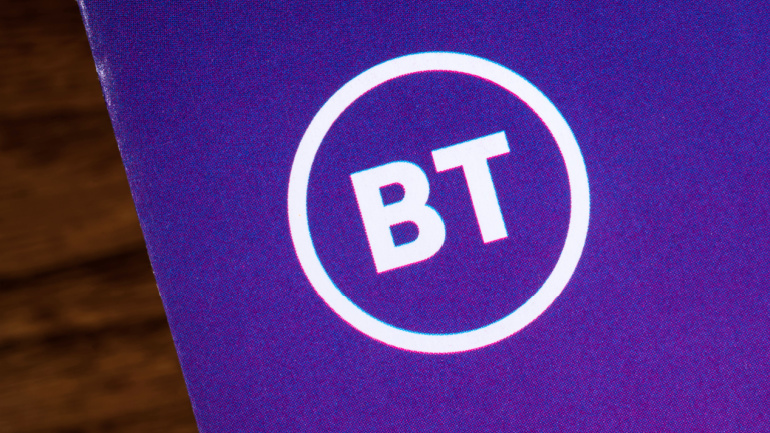BT, a dominant force in the UK’s telecommunications landscape, is setting the stage for a drone revolution with the unveiling of the country’s first-ever Drone SIM. Designed to act as the linchpin for beyond visual line of sight (BVLoS) drone operations, this groundbreaking technology combines EE network connectivity with resistance to hazardous conditions, opening up innovative possibilities across several sectors. From enabling swift healthcare supplies delivery and comprehensive infrastructure monitoring to enhancing goods transportation, BT’s Drone SIM offers promising applications. The unlimited data plans and high-priority connectivity contribute to a safer drone usage while facilitating ultra-high definition video streaming from towering heights.
BT pushes forward with their ambitious plan to replace ageing Public Switched Telephone Network with IP-powered Digital Voice service, predicting a full national transition by 2025. This phased rollout highlights an industry-wide shift toward modern, energy-efficient, and highly reliable communication solutions. However, with earlier power outages prompting questions around adequate support during emergencies, the telecoms giant is treading carefully. As we brace for a digital era, join us at Connected North 2024 to delve deeper into what this change signifies for UK consumers.
China’s immense 5G market pulses with new additions, logging nearly 17 million subscribers in August as migrations to advanced telecommunications networks grow. Still, this uptake signifies a dampening speed, attributed to the top trio: China Mobile, China Unicom and China Telecom, seeing a fall in new users compared to prior months. Abstract figures of network utilization and the quality of reception, however, leave much to be unraveled. The niche player, China Broadnet, despite a recent debut, experiences stiff competition, highlighting the difficulty of penetration amidst dominant forces.
In a promising move towards transparency, UK’s BT and software giant SAP have joined forces to test SAP’s Sustainability Data Exchange (SDX) – a novel system that captures, tracks and shares data on obscure, indirect emissions, known as Scope 3. Given the numerous entities and different methodologies involved in disclosure, SDX utilizes carbon data interoperability standards to provide a unified portal for monitoring supply chain emissions data, thus streamlining the gathering and dissemination of precise Scope 3 information.
Ekinops, a telecom solutions leader, has unveiled its OneOS6-LIM, a game-changing virtualization solution. This innovation optimizes hardware, integrating an efficient ONEe600 router to provide top-notch services, debunking doubts about uCPE economics. Ekinops’ partnership with EANTC AG solidified its position as a potent player in NFV, offering quick ROI for service providers.
Witness the transformation of UK’s iconic red phone boxes as telecommunications giant BT empowers local communities to repurpose disused kiosks into practical assets. Adoptions through BT’s programme have evolved phone boxes into life-saving defibrillator stations, libraries or mini art galleries. As these kiosks brace for their centenary, BT gears up to offer a thousand more, sparking a fusion of tradition with communal ingenuity.
With BT Group’s current CEO Philip Jansen’s departure on the horizon, the telecommunications industry is abuzz as Telia’s top-notch leader Allison Kirkby is slated to step into his shoes in 2024. Equipped with a celebrated career within the telecom sector and experience as a non-executive director at BT since 2019, Kirkby’s ascension is anxiously anticipated.
Cellnex, the Spanish infrastructure giant, is rumored to be considering a sale of a minority stake in its Nordic operations, specifically Sweden and Denmark. With nearly €1 billion at stake, this move aligns with earlier sentiments expressed by CEO Marco Patuano. Combining this potential sale with recent acquisitions, loan procurements and collaborations, Cellnex aims to streamline its operations, tackle its massive debts and redefine its strategy for the European tower infrastructure market. Let’s delve deeper into the winding paths and potential outcomes at the upcoming Total Telecom Congress.
The enigmatic billionaire Patrick Drahi is reportedly considering a bold move to hit an astounding 29.9% stake in UK’s telecom titan, BT, which naturally raises eyebrows and fuels speculation. Tracing Drahi’s relationship with BT, it started just last year with a humble 12.1% stake acquisition. Despite BT’s cautious response, Altice, Drahi’s representative, remained adamant about any takeover intentions. Today, a quarter of BT already belongs to Drahi, drawing closer government scrutiny under the freshly enacted National Security & Investment Act.
BT collaborates with HPE to adapt to the rise in hybrid work and IoT demands, leveraging HPE’s Aruba Networking for a new managed LAN service. This partnership promises heightened flexibility, security and visibility, overcoming the limitations of conventional in-building networks. Despite this, the market faces potential turbulence, particularly from the clearances of backlogged orders affecting enterprise WLAN revenues. While this partnership signifies progress, the changes may create a challenging landscape for those in the industry.













